Mediterranean Autumn
On this tiny island south of Sicily and a rifle shot from Africa, autumn is not a matter of falling leaves and plunging temperatures. Here the onset of autumn is marked by the departure of tourist hordes, occasional showers, cooler days and nights, and cabbages instead of melons on Mario’s market truck. Around the Xlendi harbor local businessmen, still in shorts and sandals, wander slightly dazed and recovering from the summer onslaught.
Mark, the owner of The Captain’s Table, an amiable former Navy SEAL, can be seen on the street rather then presiding over the general festivities from behind his bar, or on top of it. When Steve and Georgia’s music gets hot Mark sometimes will amp up the action by hopping up on his bar, dancing, bobbing and swaying, balanced and sure footed as a…well, as a SEAL on the deck of a battleship.
Mike and Julie, the proprietors of Buddy’s, a pub between the seawall and the one man police station, have time to sit and chat with customers. Mike is a sturdy Welshman, a good humored, tough spirited guy, the kind of guy you’d want next to you in a foxhole. Julie is a classic Mediterranean beauty with the witchy green eyes of a Celtic sorceress and the poise of a ballerina, which she once was. An amiable couple, Mike and Julie migrated to Gozo from Cardiff where they had a pub. Now that the mobs are no longer demanding beer and wine and food they open and close when the mood takes them, host their friends, feed the stay cats and provide a gathering place for locals and the few visitors still here.
Mario, a Gozitan, the owner operator of the market truck that comes up the hill to our street now comes three times a week, rather than every day as he did during the summer when our neighboring holiday apartments were filled with people from all of Europe. Mario is a tall muscular man in his thirties, not pumped up with gym muscles but strong in the way of a farmer, which he was before buying his truck.
On his family farm Mario grew four kinds of squash, yellow and green melons, lettuce, cucumbers, tomatoes, chicory and parsley. He worked from sunup to sundown all summer. After a family disagreement he left the farm and bought his truck. I asked if driving his truck wasn’t easier than farming. “Yes,” he said, “but I’d rather grow things than sell them.”
Two long honks of the truck’s distinctive horn announces his arrival. In summer this was the signal for crowds to stream out from all the buildings on our street. His truck brings fresh produce, milk, frozen pork chops, bottled water, beer and wine, canned beans and tuna and a dozen kinds of crackers. In summer his cookies, candy and ice cream, drew mobs of giggling kids who after pleading with parents secure their goodies and head downhill to the beach crunching and munching, towels over shoulders, flip-flops flipping and flopping. Now at the sound of the horn only ML and I, a couple of other refugees and one local woman with her daughter, emerge from the stone block buildings of our street.
Mario also brings cat food. We’ve adapted one of the neighborhood semi-wild cats. We built a little winter house for her, tucked into the vines that cover the low wall next to the street. We lined its outer stone walls with plastic sheeting and insulated it with cardboard and a rug. She was a pitiful creature when I first saw her, ragged fur, ribs and hip bones sticking out, too spooky to come close. We give her food two or three times a day and protect her from the large cats while she eats. Now she’s put on weight and her coat is glossy. Soon we’ll take her to the cat man, a vet who neuters the local feral cats, and then turns them loose to live their lives as free cats of the village.
David’s truck brought fresh baked baguettes, ciabatta, sliced bread and rolls all summer, but he no longer comes. Fresh bread now requires an excursion to Victoria, where we do most shopping and often stop in at Organika, a tiny boutique with crafts, books and organic food, to say hello to Charlotte, a charming young French woman who owns the shop with her husband. Usually we run into someone we know on the streets and stop for a coffee and to talk and watch the vendors at the market and the passing parade, now much reduced from its summer shoulder to shoulder bustle.
One morning at the market Jeff and Anne introduced us to their son, Simon Cox, who was here for a visit. Jeff, is a slim Welshman with rifleman’s eyes – likely his ancestors were at Agincourt. Anne, his wife, is a pretty blond whose quick wit gives lie to blond jokes. They came to Gozo after a career that took them to many countries, including Oman, which they say is an engaging country with friendly generous people. Their life experience and welcoming ways have endeared them to us.
Simon is an author, Egyptologist and scholar of all things esoteric, man after my own heart. I sat for an hour spellbound by his stories. On that day I moved with the sun, seeking shade under the café umbrella. Yesterday I sat under the same umbrella sheltered from the rain.
The first of November brought three days of gray skies and intermittent rain, the sea boisterous and cobalt, white tipped choppy waves, the boats all at anchor or on buoys or pulled out and in the boatyard. Today the rain stopped and the sun slowly polished the overcast sky into a fine soft pearl dome, then burned it away and washed everything in a warm glow. The light transformed raindrops dripping from the fronds of the date palm in front of our building to liquid diamonds and a sea breeze came up soft and fresh.
Mediterranean autumn foretells cool winter, a time of earth refreshing and life giving rain, the wind now coming from the north, the African Sirocco stilled, its heat a memory and a promise.

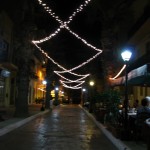
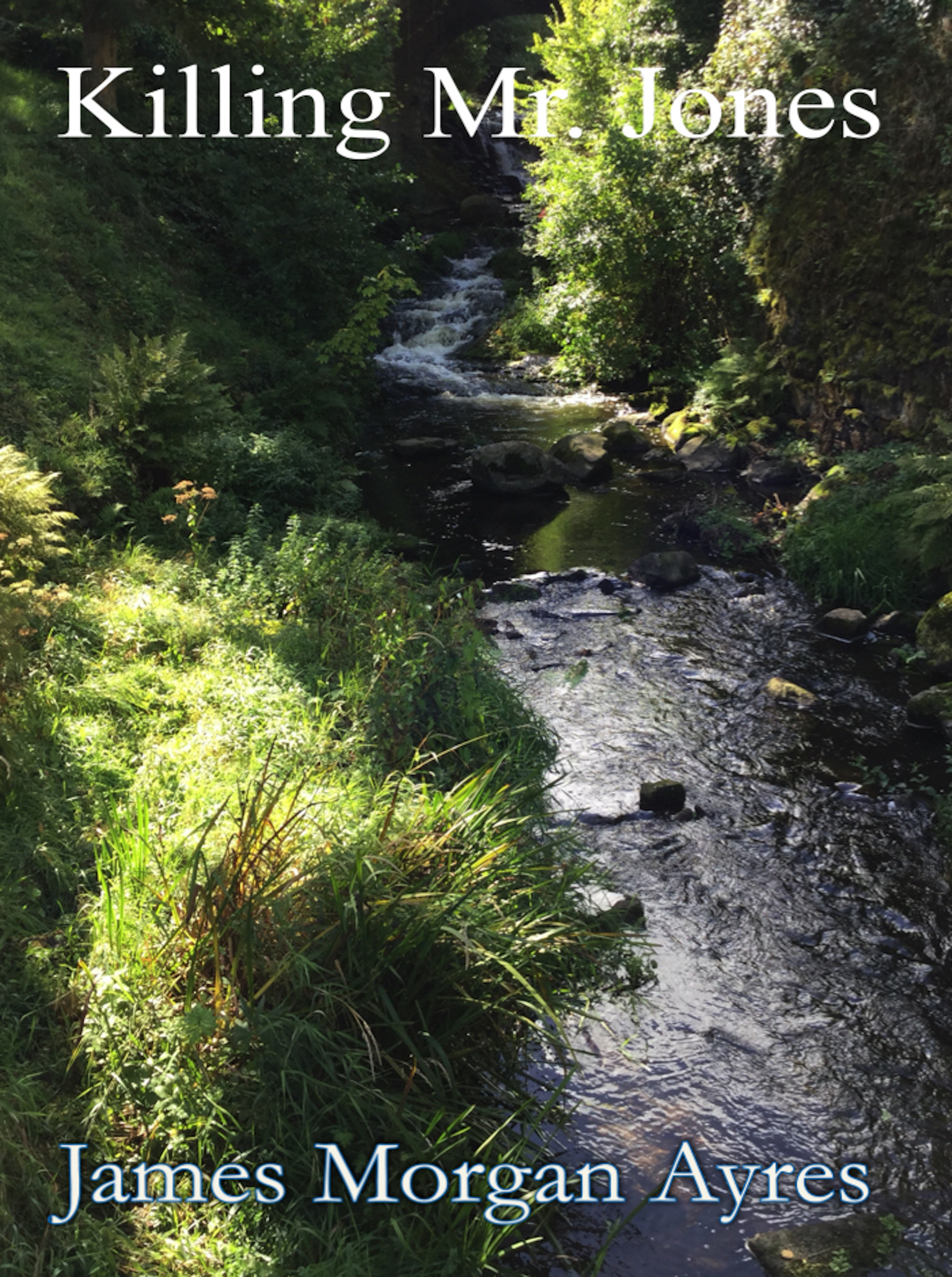 Sun, Apr 5, 2020: Killing Mr. Jones
Sun, Apr 5, 2020: Killing Mr. Jones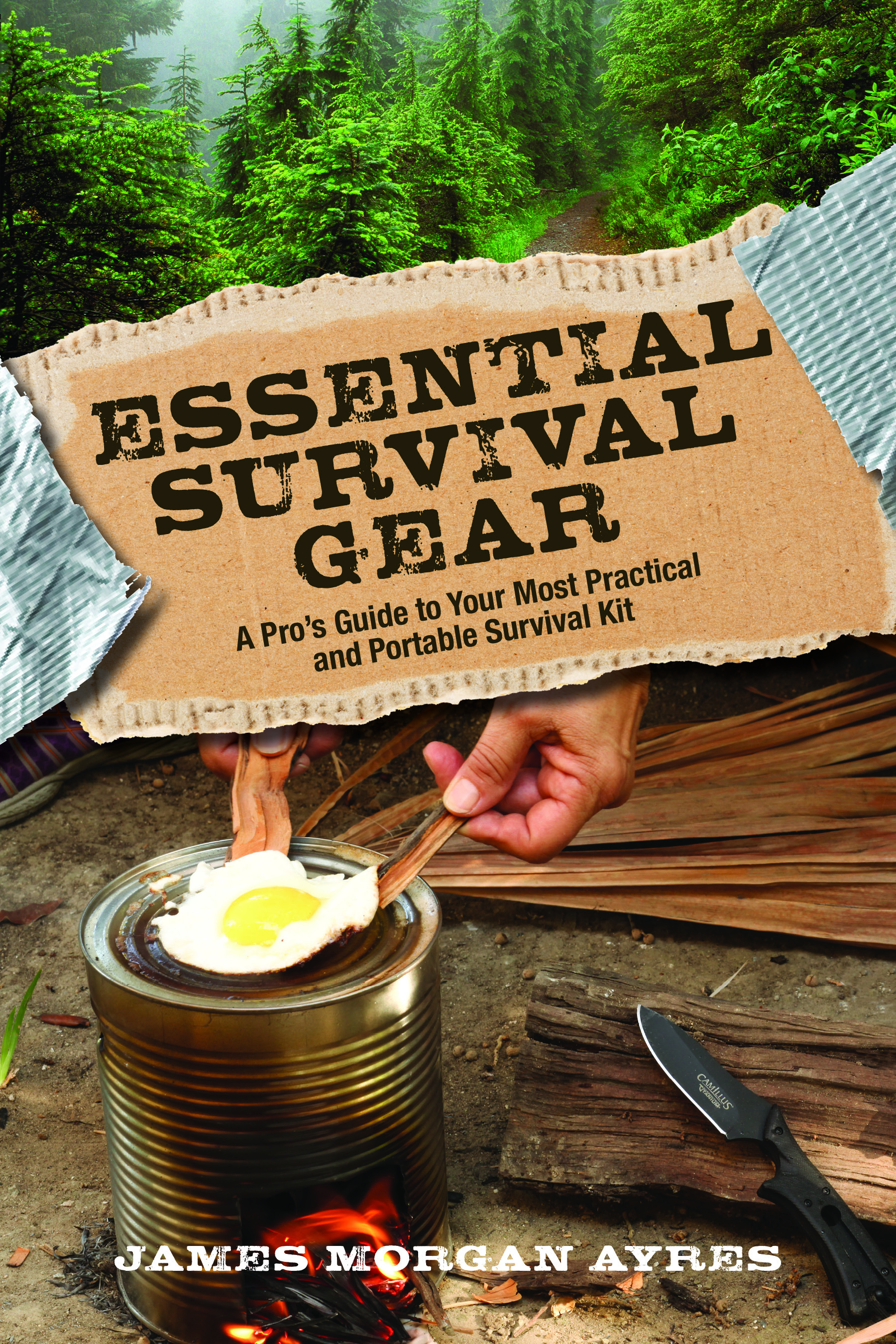 Wed, Apr 1, 2020: On Hoarding
Wed, Apr 1, 2020: On Hoarding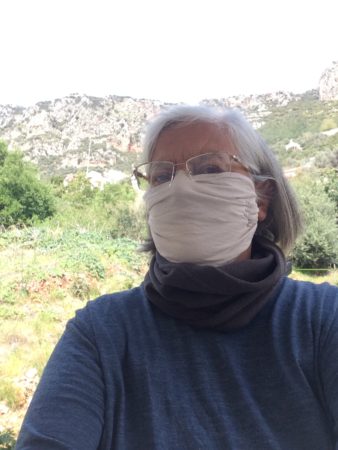 Mon, Mar 30, 2020: Masks Save Lives – Covid-19
Mon, Mar 30, 2020: Masks Save Lives – Covid-19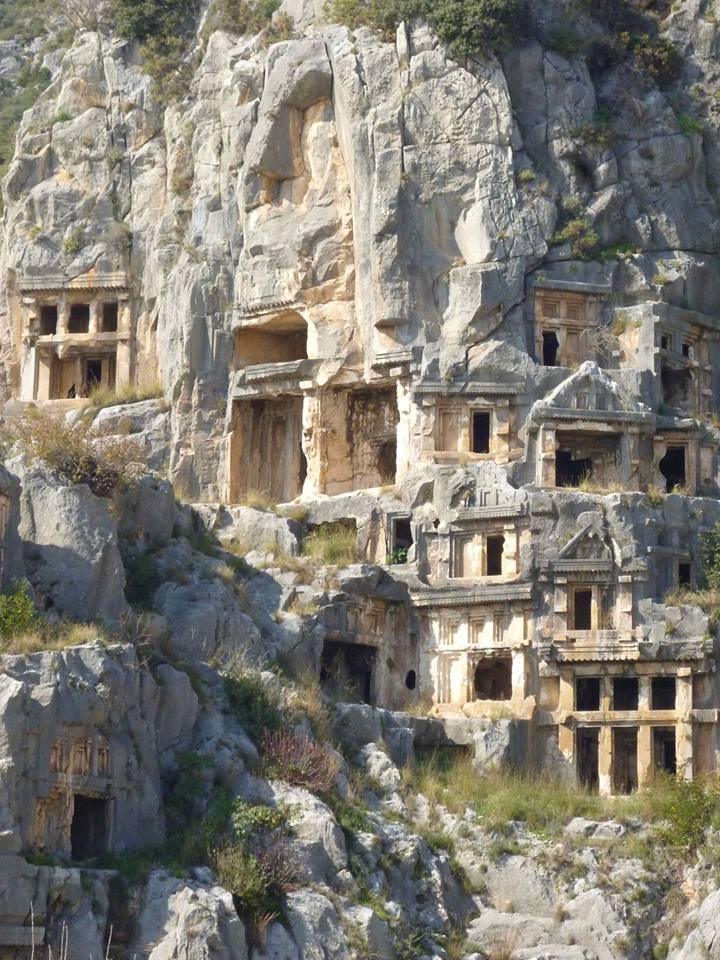 Sun, Mar 29, 2020: Visions of Apocalypse
Sun, Mar 29, 2020: Visions of Apocalypse Fri, Aug 23, 2019: Hijacked Twitter
Fri, Aug 23, 2019: Hijacked Twitter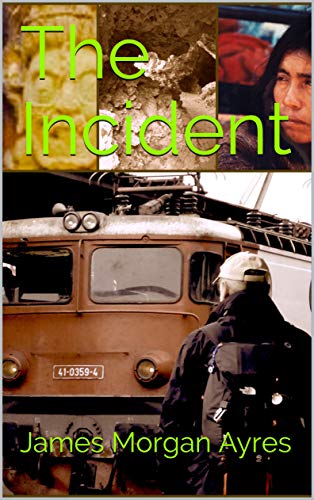 Sun, Aug 18, 2019: The Incident
Sun, Aug 18, 2019: The Incident Sat, Aug 10, 2019: Seas and Oceans Without End
Sat, Aug 10, 2019: Seas and Oceans Without End